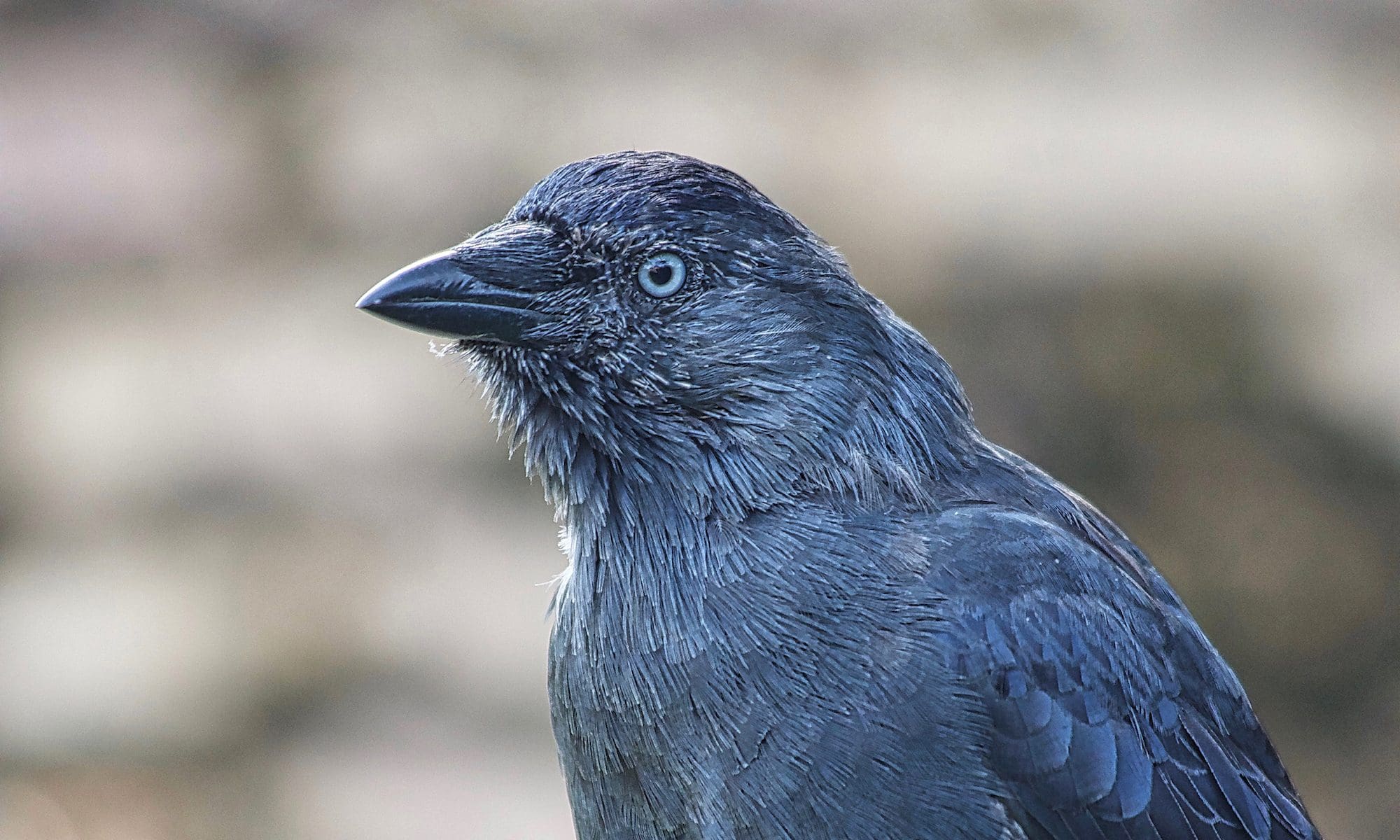As this year’s nesting season is already in full swing, it seems appropriate to address some common problems wildlife rescues and rehabbers encounter every year. Most importantly it is worth noting that due to the small size of our sanctuary and our work commitments we are unable to attend wildlife rescues or to give timely social media, email or telephone advice in ongoing emergency or rescue situations.

However, if you have a question regarding bird or specifically corvid rescue, care or rehabilitation, then please check out our Corvid Care page or alternatively go to our FAQ section. Both sources contain a multitude of information about wildlife and bird emergencies in general and will also give detailed information referring specifically to corvids. For your convenience we have provided a few especially important links here in this blog post. These links will give you access to blog posts containing essential pieces of information about who to rescue and who to leave alone and how to recognise and catch a poorly or sick bird. Furthermore, these links will also provide you with detailed information about general life saving first aid measures focussing in particular on injuries inflicted by freely roaming unsupervised pet cats, which will save lives and will increase chances of survival aimed to bridge the time gap until a patient is being handed over into the care of an experienced wildlife rescue or rehabber.

First Aid For Birds – Who To Help And Who To Leave Alone
First Aid For Birds – How To Know If A Bird Is Sick
First Aid For Birds – How To Catch A Poorly Bird
First Aid For Birds – Cat Caught Birds
First Aid For Birds – First Aid Measures
Poorly or injured animals are usually best cared for by experienced, specialised and suitably equipped rescues or rehabbers. Time is always of an essence! Please check out the links below, which will take you to third party databases of rescues and rehabbers in the UK. The provision of these links is for your convenience only and does not imply any endorsement of, or responsibility for, these organisations or the facilities or services they provide.
British Wildlife Rehabilitation Council

Please note that not all bird rescues and rehabbers are able to provide care, treatment and rehabilitation facilities for all native bird species including corvids, and might not be able to provide long term care facilities required in some cases. Prior to the hand over of any rescue animal, it is recommended to check the relevant policies of the rescue or veterinary surgeon concerned, which includes respective euthanasia policies.


Really useful and informative. Thank you! Shared to Facebook.
Thank you. Pleased to read that you find this post useful. Also, thank you very much for sharing.